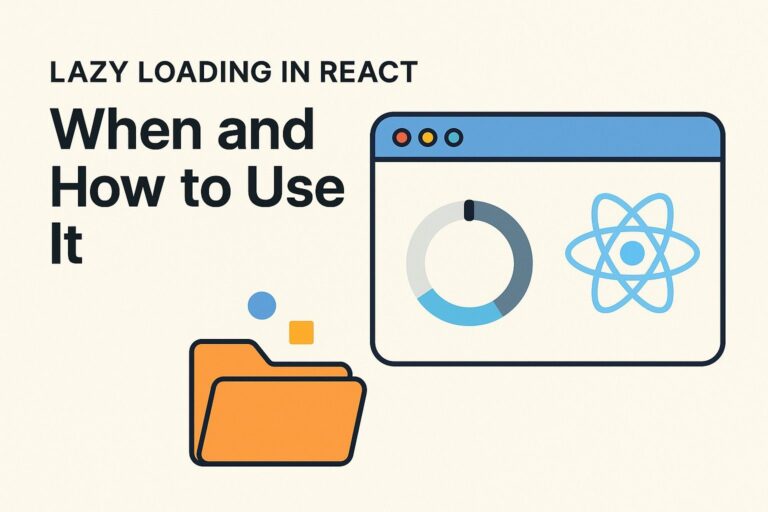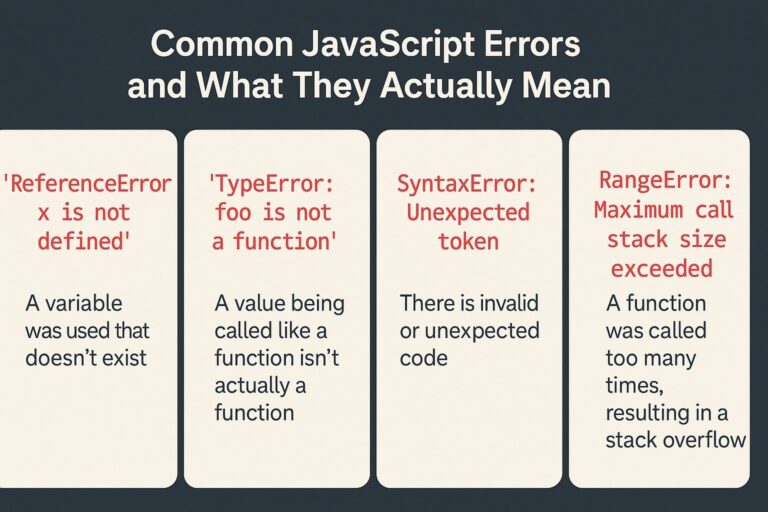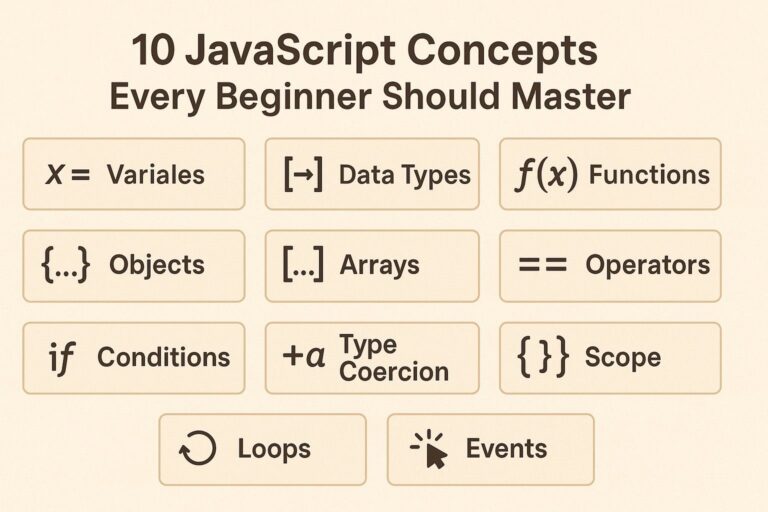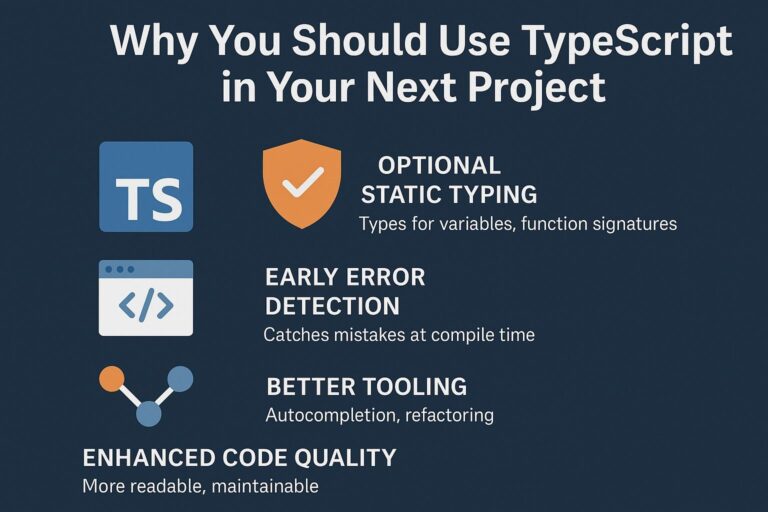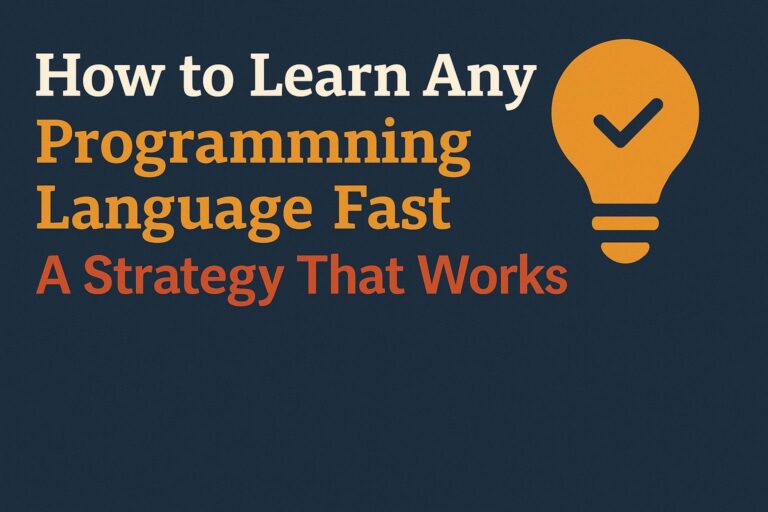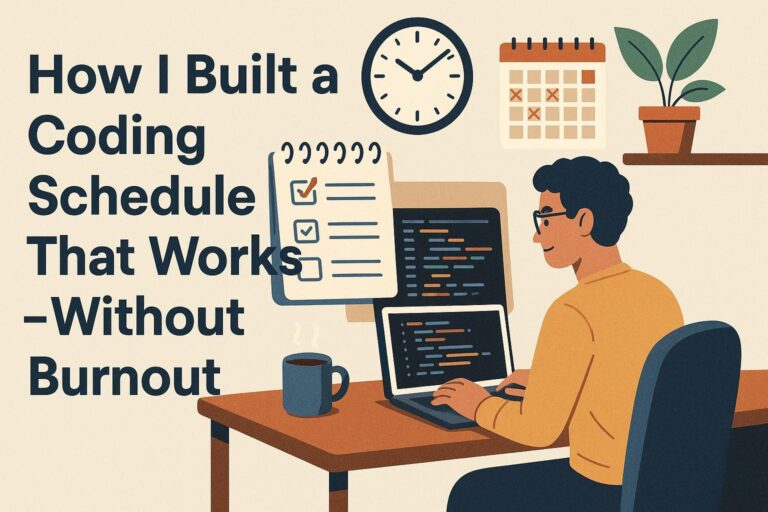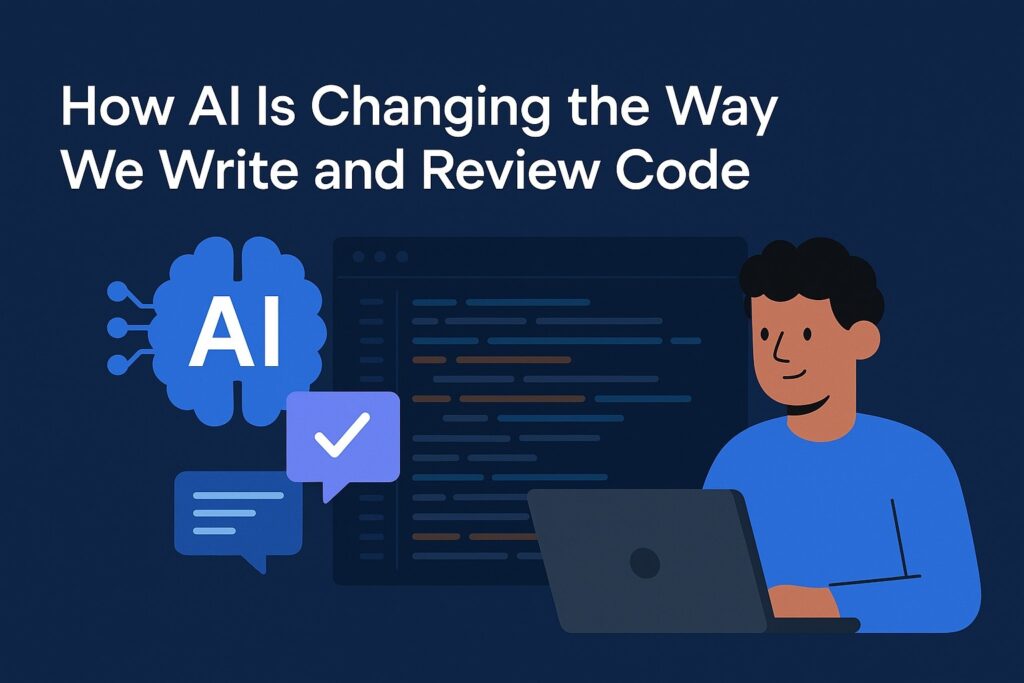
Artificial Intelligence (AI) has transformed various industries over the last decade, and software development is no exception. Once viewed as a purely manual and logical discipline, coding is now being accelerated, optimized, and even reimagined by AI-powered tools.
From writing boilerplate code to conducting in-depth code reviews, AI is reshaping the software development workflow. In this article, we explore how AI is changing the way we write and review code, what benefits it offers, and where it’s headed next.
AI and the Coding Process: A Shift in Development Paradigms
Traditionally, writing code has been a human-driven activity—demanding deep knowledge, logical thinking, and domain expertise. While that hasn’t changed, AI is now augmenting the process by handling repetitive, error-prone, or time-consuming tasks.
Here’s how AI is impacting coding:
1. AI-Assisted Code Completion
Tools like GitHub Copilot, TabNine, and Amazon CodeWhisperer use large language models to suggest code as you type. These suggestions are based on natural language comments, variable names, and code context.
- What it changes: Developers can write code faster, with fewer syntax errors.
- Why it matters: It reduces context-switching and speeds up development, especially in large or unfamiliar codebases.
2. Natural Language to Code
AI models can now translate natural language descriptions into working code snippets. Developers can write prompts like “sort a list of integers using quicksort” and receive functional code in seconds.
- Use case: Prototyping algorithms, generating boilerplate, or learning unfamiliar languages or libraries.
3. Boilerplate Generation
AI can automate repetitive tasks like generating REST APIs, data models, or unit tests. This allows developers to focus more on architecture, performance, and problem-solving rather than redundant scaffolding.
AI in Code Review: From Static Analysis to Smart Feedback
Code reviews are an integral part of software quality assurance. They ensure adherence to standards, uncover bugs, and promote knowledge sharing. Traditionally, this is done manually—but AI is now automating and improving parts of the review process.
Key developments in AI-powered code review:
1. Automated Code Suggestions
Tools like DeepCode, Snyk Code, and Amazon CodeGuru analyze pull requests and offer intelligent suggestions—not just for syntax issues, but also for logical flaws and security risks.
- Example: Suggesting more efficient loop structures, flagging security vulnerabilities, or detecting unreachable code.
2. Security and Compliance Checks
AI can detect common security issues such as SQL injection, unsafe deserialization, or insecure API usage in real time. These tools help teams enforce secure coding practices early in the development lifecycle.
3. Style and Consistency Enforcement
AI-driven linters and formatters can automatically ensure adherence to code style guides. This includes naming conventions, indentation rules, or unused variables—freeing reviewers to focus on logic rather than formatting.
Benefits of AI in Coding and Review
The integration of AI into the software development process offers several advantages:
1. Improved Productivity
Developers save time on repetitive and low-level tasks. AI suggestions reduce time spent on searching documentation or Stack Overflow.
2. Higher Code Quality
AI identifies issues that may be missed in manual reviews. This leads to more consistent, reliable, and maintainable code.
3. Faster Onboarding
New developers can get up to speed more quickly. AI-generated code comments and suggestions help bridge the knowledge gap.
4. 24/7 Review Assistant
AI doesn’t sleep. Code review tools can analyze pull requests within seconds, offering immediate feedback regardless of time zones or availability.
Limitations and Considerations
While AI brings powerful capabilities, it is not a replacement for human judgment. Developers and teams must be aware of the limitations:
1. Contextual Understanding
AI models lack deep understanding of business logic and domain-specific requirements. Their suggestions are based on patterns, not intent.
2. Over-Reliance
Depending too heavily on AI-generated code can result in developers losing touch with the fundamentals or blindly trusting incorrect logic.
3. Security Risks
Some AI tools may inadvertently generate insecure code or replicate known vulnerabilities from training data. Manual review remains essential.
4. Bias and Data Privacy
Since AI models are trained on open-source and publicly available code, they may inherit biases or expose proprietary patterns if used carelessly.
Popular AI Tools Changing the Game
| Tool | Purpose | Features |
| GitHub Copilot | Code suggestion | Trained on billions of lines of code, autocomplete, context-aware |
| Amazon CodeWhisperer | AI code generation | Integration with AWS, real-time security scans |
| TabNine | Code completion | Supports multiple languages, customizable engine |
| CodeGuru Reviewer | Code review automation | Finds bugs, suggests fixes, highlights inefficiencies |
| DeepCode (Snyk) | Static analysis | AI-powered security and performance analysis |
The Future of AI in Software Development
As AI continues to evolve, its role in software engineering will deepen. We can expect:
- Context-aware coding assistants that understand business rules and project-specific logic.
- End-to-end automation from design to deployment, reducing manual handoffs.
- Collaborative AI-human workflows where AI takes care of routine tasks and humans focus on innovation.
- AI-generated documentation, architecture diagrams, and test cases based on code behavior.
AI will likely become an essential member of every development team—one that never gets tired, never forgets a pattern, and is always learning.
Final Thoughts
AI is not here to replace software engineers—it’s here to empower them. By automating tedious tasks, surfacing intelligent suggestions, and improving code quality, AI allows developers to spend more time on creativity, problem-solving, and architectural thinking.
The key lies in using AI responsibly and thoughtfully. When combined with human judgment, domain expertise, and collaboration, AI can lead to smarter, faster, and safer software development.
As the tools mature, developers who embrace and understand AI will find themselves at the forefront of the next evolution in software engineering.

I’m Shreyash Mhashilkar, an IT professional who loves building user-friendly, scalable digital solutions. Outside of coding, I enjoy researching new places, learning about different cultures, and exploring how technology shapes the way we live and travel. I share my experiences and discoveries to help others explore new places, cultures, and ideas with curiosity and enthusiasm.

